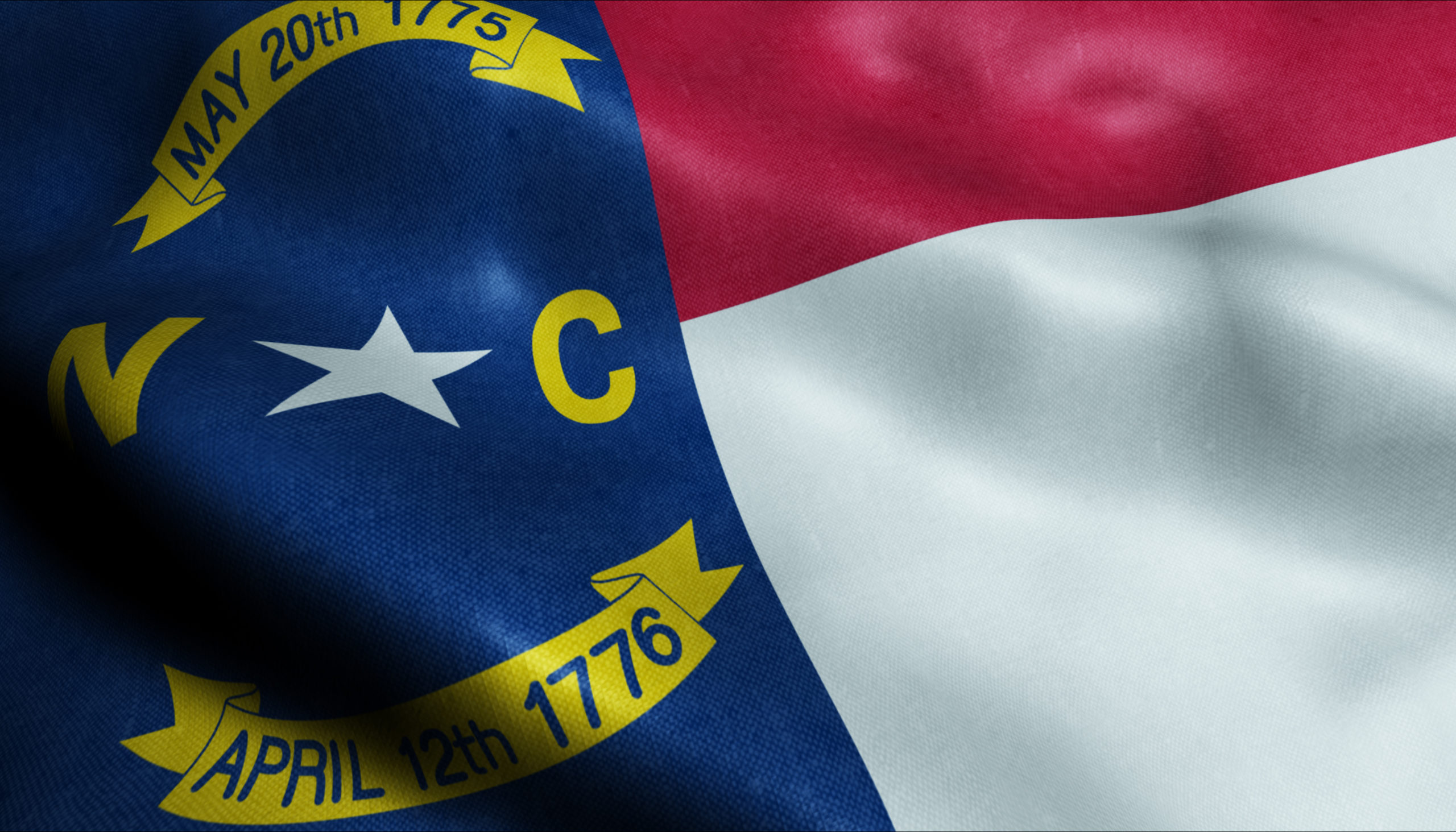
SB 743 Transfers $604 million from Rainy Day Fund to assist part of state in long-term recovery efforts
The North Carolina General Assembly returned on Thursday to quickly pass another round of funding needed for Western North Carolina as the region continues to recover from the devastating hurricane that hit last month. SB 743: The Disaster Recovery Act of 2024—Part II transfers $604 million from the state’s Rainy Day Fund to assist that part of the state in their long-term recovery efforts.
“This will be a long recovery, and the legislature will not lose sight of rebuilding the region and fixing the damage,” said Senate President Pro Tem Phil Berger (R-Rockingham). “Our second relief package puts the General Assembly’s total commitment so far at almost $900 million, and that will only grow as we continue to evaluate and repair the damage.”
Highlights from the legislation include the following:
Economic Development
- Allots $5 million to the Economic Development Partnership of North Carolina to advertise and encourage tourism in Western North Carolina;
- Exempts the local-match requirement temporarily for Job Development Investment Grants (JDIG) in impacted areas.
Education
- Appropriates a total of $101.7 million for education, which includes funding for K-12 schools, the UNC System and the state’s community college system;
- Allocates $50 million in K-12 school repairs and $5 million in increased mental health support for K-12 schools;
- Provides $16.5 million for emergency scholarship grants for students at impacted community colleges, UNC System schools and private colleges, along with $5.5 million to cover spring tuition for UNC-Asheville students and $5 million to cover spring tuition for community college students in the area.
Environment
- Provides $139 million to the Department of Environmental Quality (DEQ), including $100 million to be distributed to local governments through bridge loans for water and wastewater repair.
Residents’ Assistance
- Secures $9 million for utility assistance to individuals impacted by the hurricane;
- Allocates $10 million to provide weatherization services to impacted homeowners.
Small Businesses
- Allots $50 million for bridge loans to businesses impacted by the hurricane, with applicants able to qualify for up to $100,000.
Transportation
- Requires the Division of Motor Vehicles (DMV) to extend emission inspection licenses in disaster areas.
On Thursday afternoon, both chambers adopted the conference report to SB 743 by unanimous vote, with a 108-0 vote in the House and 46-0 in the Senate. A copy of the bill text for SB 743 can be found here, and a copy of the committee report can be found here.
Speaker of the House Tim Moore (R-Cleveland) stated that the General Assembly is expected to take up another hurricane relief bill during the November session and that there could be additional legislation proposed in December’s session. “Everything right now is so preliminary. For example, we don’t know what percentage of the damages are going to be covered by insurance. We don’t know exactly how the federal match is going to work,” said Speaker Moore. “If the state goes ahead and just front loads a bunch of money, and were to drain the account, you could actually forfeit the ability to get some federal match.”
During the one-day session, the House and Senate also passed SB 132: Early Voting Sites/Helene Counties, which authorizes additional in-person early voting sites for 13 counties impacted by Hurricane Helene.
Governor Cooper’s Hurricane Relief Budget Recommendation
One day prior to the General Assembly releasing its hurricane relief funding bill, Governor Roy Cooper and State Budget Director Kristin Walker unveiled their recommended hurricane relief and recovery funding package. The Cooper Administration’s recommendation proposed $3.9 billion in state funding to rebuild critical infrastructure, homes, businesses, farms, schools and universities damaged by the hurricane.
The Governor called his package a “down payment on Western North Carolina’s future.” He further remarked, “This proposal, built on the assessment of damages sustained and lessons learned from past storms, would give Western North Carolina a jump start on recovery.”
Governor Cooper and his team estimated the total cost from the hurricane’s damage as being $53.6 billion. His budget director asserted that the federal government would cover about $13.6 billion in estimated damages and insurance or other private sector funding would total approximately $6.3 billion, which would leave $33.8 billion left unfunded.
Key provisions from the Governor’s package include:
- $650 million for the region’s economy, with $475 allocated for a Helene Business Recovery Grant Program;
- $650 million for housing, with $325 to start rebuilding homes though a Homeowner Recovery Program;
- $578 million for utilities and natural resources, with half of this funding going towards a federal dollar match;
- $282 million for education, with $100 million for capital needs and $50 million for student support needs.
- $422 million for agriculture, with $250 million for grants to farmers for losses to crops, livestock and infrastructure;
- $252 million for Health and Human Services, including $43 million for increased mental health services.
A copy of the Governor Cooper and the Office of State Budget and Management’s full budget recommendation can be found here.
This week Governor Roy Cooper also released a memo laying out the state’s response and recovery efforts, in conjunction with federal, local and non-profit partners, to the deadliest tropical storm in North Carolina’s history. It includes the Governor’s actions, progress from state government agencies and utilities, volunteer efforts and National Guard response, FEMA assistance and other updates. A copy of the memo from the Governor’s Office can be found here.
